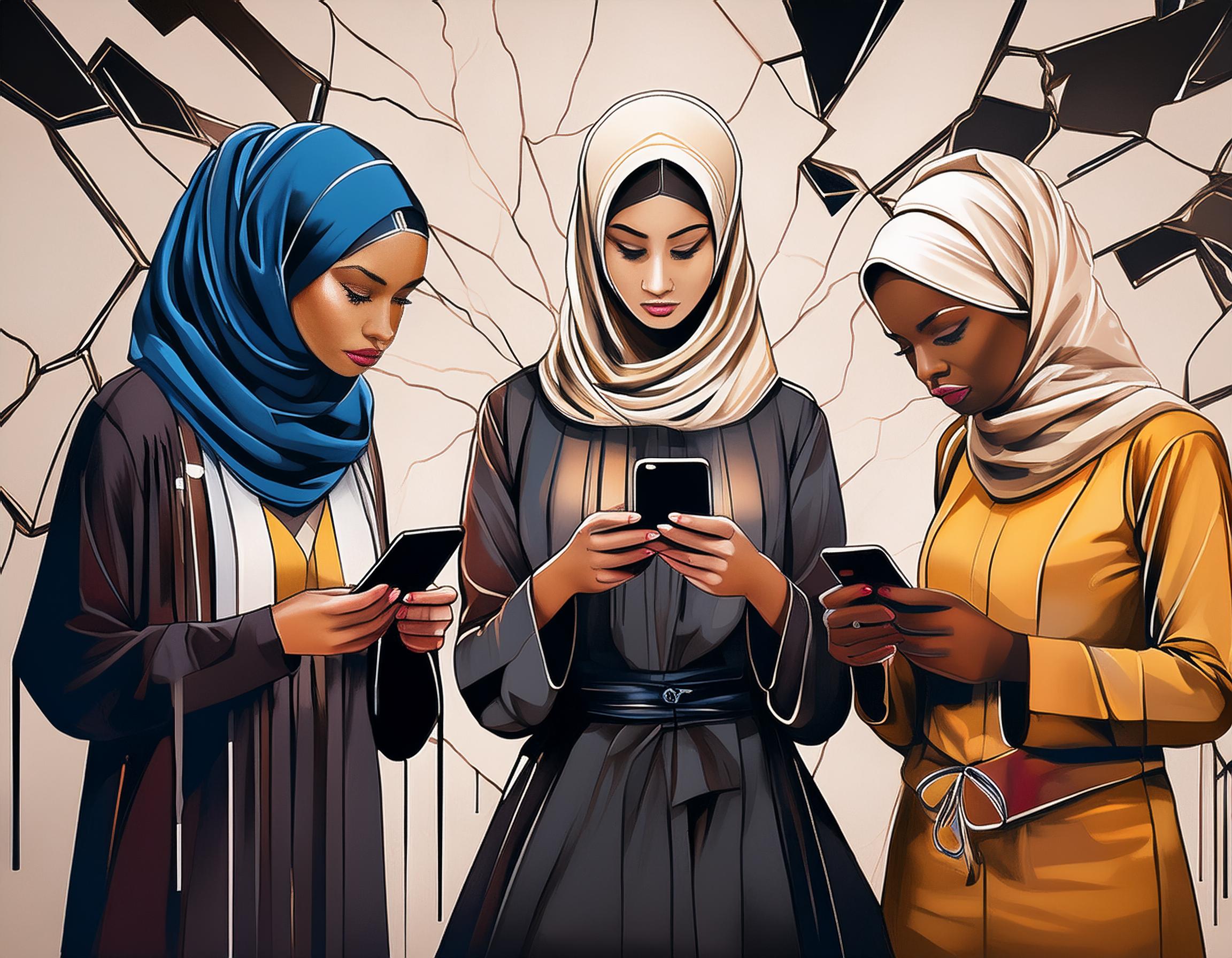
Marketers have long been aware of the value that loyalty programmes can bring, however, providing a point of difference in a crowded market is a challenge.
The vast majority of consumers (85 per cent) participate in between just three and six loyalty schemes. So how can brands ensure they’re among the few schemes to be chosen?
John Viccars, International Marketing Strategy Lead at tms, shares insights from a tms-conducted study about the current loyalty landscape in the UAE.
The loyalty disconnect
Our findings revealed that there is a disconnect between what loyalty programmes are offering and what consumers would like to receive from their loyalty programmes.
Gen Z are spearheading the shift away from transactional-driven loyalty, such as collecting points and getting discounts, instead we found that consumers seek rewards in the form of experiences such as e cultural activities, VIP tickets and exclusive product previews.
Taking an experience-led approach helps to shift loyalty schemes from transactional to affinity driven, which is ultimately more likely to inspire longer-term loyalty from consumers.
Loyalty today
In the UAE, across all age ranges, customers place significant importance on loyalty programmes, with 74 per cent stating it is ‘extremely’ or ‘very’ important for their favourite brands to offer such programmes.
The fundamental rules of loyalty programs are valued and appreciated. For example, 80 per cent say the existence of tiers motivates them to use the brand more – but in return for their loyalty, consumers expect something in return.
A significant 81 per cent agree that “Brand loyalty is a two-way street. If a brand wants me to be loyal, I expect the brand to be good to me.”
Consumers value their loyalty schemes. However, they would like to have a closer, more meaningful relationship with their favourite brands where they are rewarded for their loyalty in ways that goes beyond the transaction.

Loyalty tomorrow
Across all ages, the most popular loyalty perks are free shipping, earning points which can be used for rewards, surprises, and competitions.
But when segmented by age, findings reveals that only 54 per cent of Gen Z consumers are interested in loyalty programmes based on points and discounts – a figure significantly lower than millennials, at 69 per cent, and Gen X, at 65 per cent.
In contrast, Gen Z survey participants said they were not just “excited” but “extremely excited” by the idea of a loyalty programme that connected them with culture and entertainment, and provide experiences they desire.
Gen Z want experiences that allow them to have a closer relationship with the brand. For instance, the chance to be first to test new products was favoured by 53 per cent; and VIP access to new products, would be an incentive for 49 per cent.
Extreme enthusiasm is also high for loyalty programmes which gives Gen Z access to experiences that are entertaining or culturally relevant, with 45 per cent saying early or VIP access to theme parks would be an incentive; while 45 per cent would be drawn to VIP tickets for concerts, sporting events or brand experiences.
Experiences that empower Gen Z are also highly valued, with 57 per cent extremely excited about global scholarship or learning opportunities, and 44 per cent about exclusive in-app experiences.
Additionally, 53 per cent are enthusiastic about earning rewards through community service, and 49 per cent about the ability to gift points during Ramadan.
The types of rewards that people want; reflect an ambitious and aspirational population, that wants to travel, supercharge their education and access brag-worthy experiences. Engaging the right partners and strategy to bring these experiences to consumers at crucial points throughout the year is key.
Loyalty in the future
Clearly, there is a strong argument in favour of developing innovative loyalty experiences.
But the great news for brands is that tailoring loyalty programmes for younger consumers doesn’t exclude millennials or Gen X, with survey participants of all generations overwhelmingly positive about a range of experiences we asked them about.
It’s certainly a trend that’s starting to emerge in other regions with a number of brands ripping up the rule book and reinventing their loyalty programmes: KFC Rewards Arcade in the UK and Starbucks Odyssey, currently being beta tested in the US, are two great examples.
Ultimately, loyalty is an outcome, not just a programme. To engage the next generation, brands must evolve their view of loyalty, focusing on experiences. Ignoring this trend means a risk that customers lose interest in your scheme and turn to other brands.
The flip side is, if you get it right, your loyalty programme can be supercharged to a whole new brand building tool, fostering emotional connections that turn consumers into customers – and customers into fans.
To cut through the clutter and win the next generation, it’s important to retain great value loyalty programs, but to innovate through valuable loyalty experiences that are culturally relevant and entertaining.
The reward? Making fans forever.
By John Viccars — International Marketing Strategy Lead at tms.









